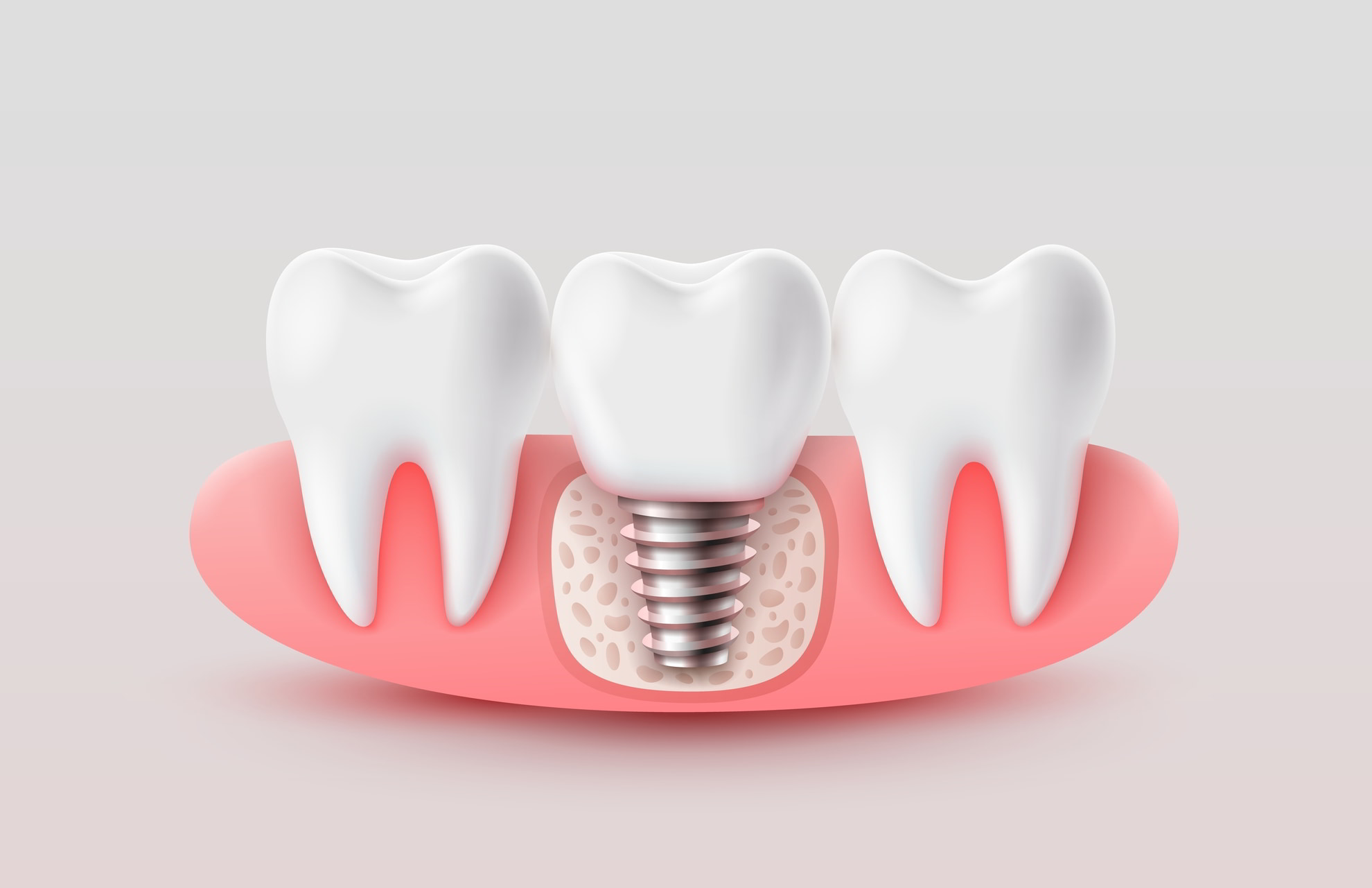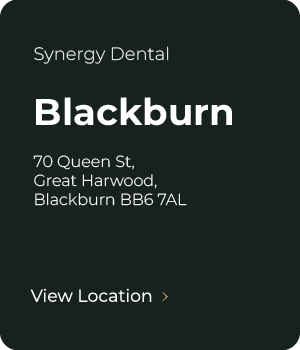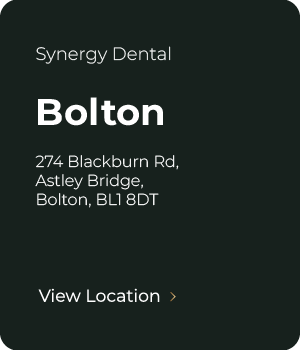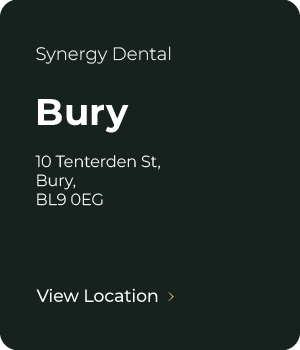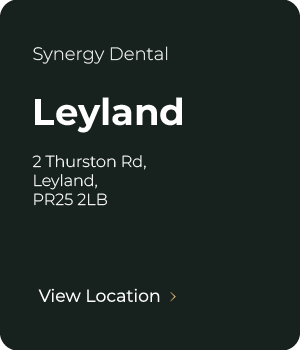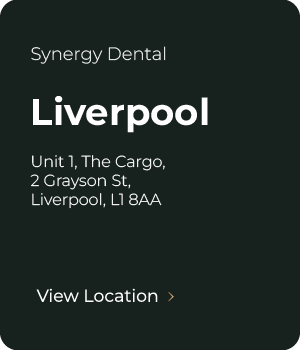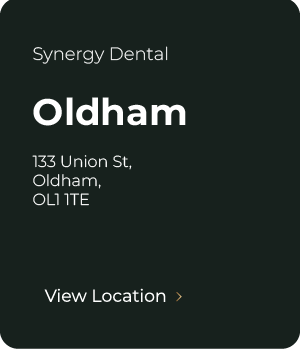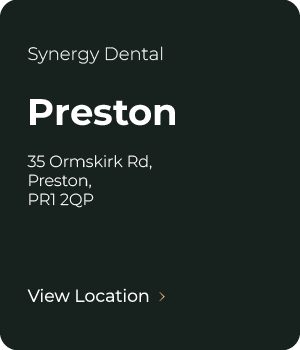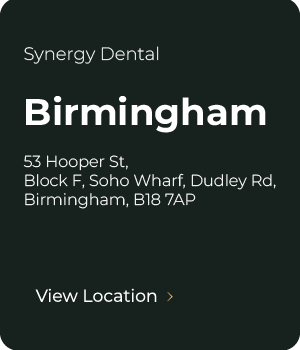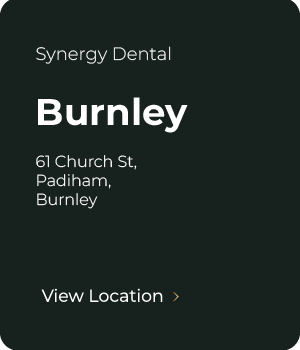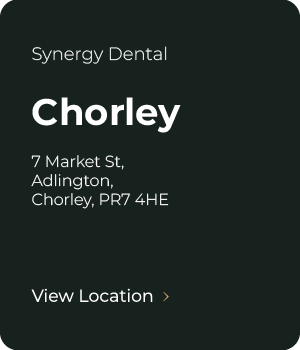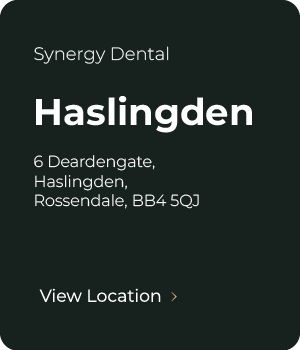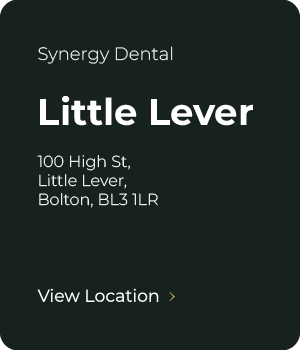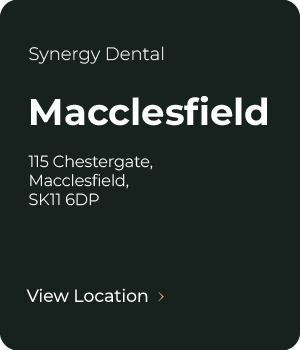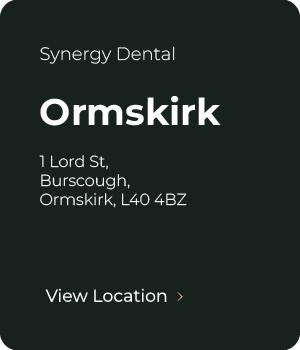Have you been refused dental implant treatment elsewhere?
Find out how we can help with Customised Subperiosteal Dental Implants!
Being told you can’t have dental implants due to jawbone density can be upsetting, especially if you have been hoping to replace missing teeth for a long time. Thanks to our new treatment called Subperiosteal dental implants, we’re able to reinforce the damaged jaw with a customised titanium substructure which sits under the gumline, allowing us to attach dental implants.
In this article, we explain every detail of this revolutionary treatment that’s offering hope to people across the country that have been told they can’t have dental implants!
What Are Customised Subperiosteal Dental Implants?
Subperiosteal dental implants are designed for people who can’t have traditional dental implants due to severe atrophy of the jawbone.
Subperiosteal dental implants were created decades ago, but due to a lack of technology available at the time, treatment was difficult and complicated. Now, with the growth of digital dentistry technology, this advanced technique has seen a rise in popularity, offering hope for people who have been told they are unsuitable for fixed full-arch dental implant treatment.
Traditional dental implants are called endosteal implants, and are commonly used for full-arch same-day implants and for single dental implant treatments. They work by inserting a “screw” into your jawbone which acts as a foundation for a “post” that holds your crowns in place. If you don’t have enough jawbone, or your bone is weak or thin, then there is nothing for the dental implant to hold on to, and your dental implants will fail.
This is usually why people are rejected for traditional dental implant treatment.
Previously, zygomatic dental implants would be the go-to treatment for people who are unable to have endosteal implants. Zygomatic dental implants are named after the zygomatic bone – your cheekbone. Whilst it might sound complicated, zygomatic dental implants are just an extra long “screw” that anchors into your cheekbone instead of your jawbone. Because they attach to the cheekbone instead of the jaw, they cannot be used to replace the bottom row of teeth, only the top. Zygomatic implants come with their own range of complications, which is why we have decided to focus on developing subperiosteal dental implants – the cutting-edge treatment that was far ahead of its time!
Subperiosteal dental implants offer an alternative to endosteal and zygomatics. They are made from a titanium framework that is custom-made to fit each patient’s unique jaw shape. This titanium framework sits on the jawbone, just underneath the gum line, and acts as a replacement for the jawbone, allowing for posts to be attached to hold the crowns in place. Think of it as being like scaffolding for your jawbone that holds your new teeth in place without putting strain on your bone.
Steps Of Treatment: The Subperiosteal Implant Procedure
APPOINTMENT 1: Consultation
The first step is a thorough examination of your mouth and a series of scans to understand your overall oral health. This information will be crucial for your dentist to create your custom made subperiosteal dental implants to fit your jaw perfectly!
APPOINTMENT 2: Surgery
Once the lab has created and delivered your titanium framework, we’ll be able to perform the surgery! Surgery is performed in a sterile environment under local anaesthetic. Whilst surgery is painless, it’s normal to feel some pressure during certain steps of the surgical process. Once your implants are placed, we’ll fit you with a set of temporary teeth so you leave with a smile!
APPOINTMENTS 3 & 4: Review
We’ll keep checking in with you whilst you are healing around 2 weeks after your surgery, then again at 6 weeks. It will take some time for your body to heal after surgery, usually around 3 months, though this can be longer for some patients depending on factors such as age, medications, and your body’s natural healing ability. Once your dentist is satisfied your implants are healed appropriately, we can fit your final teeth.
APPOINTMENT 5: Final Fit
Once your implants are healed, we can attach your final teeth. Your dentist will design your teeth to your preferences – you may have a celebrity whose teeth you’d like to copy, or you might have pictures of your old smile which you’d like to recreate. Your dentist will work with you to choose a size, shape, and shade of your teeth to suit your face, giving you a smile you’ll love. Once your new smile is fitted, all that’s left is to enjoy your beautiful new teeth!
What Are The Benefits Of Subperiosteal Dental Implants?
- No need for bone grafting
- Works for both the upper and lower jaw
- Less invasive and less risks than zygomatic implants
- Suitable for people who have severe atrophy of the jawbone
- Customised to perfectly fit the shape of your jawbone
- Can last for 10-15 years with proper care
What Are The Negatives Of Subperiosteal Dental Implants?
- More complicated procedure than endosteal implants.
- As the procedure is more complicated, they may cost more than other implant types.
- Longer recovery time compared to endosteal implants.
Why Would Someone Be Rejected For Traditional Endosteal Dental Implants?
There are a number of reasons why someone might not be able to have dental implants (endosteal implants).
Some of these causes are:
- Poor bone structure/ atrophied jawbone
- Gum disease
- Teeth grinding/ clenching (bruxism)
- Various health conditions
- Poor oral hygiene
What Causes Severe Atrophy Of The Jawbone?
Atrophy of the jawbone can be caused by several factors:
- Missing teeth – the roots of your teeth help maintain the height and thickness of your jawbone. Without your teeth, your jawbone may weaken.
- Dentures – if you wear a denture regularly for a long time (especially one that doesn’t quite fit) your denture can begin to rub against your gums and the jawbone beneath. This can speed up bone loss.
- Gum disease/periodontal disease – gum disease is where your gums begin to deteriorate. If left untreated, the bacteria can spread and start to eat away at your jawbone.
- Jaw problems – jaw problems like TMD (popping and grinding at the joint) or trauma to the jaw caused by injury or contact sports can cause damage to the jawbone. If your jawbone is too badly damaged, it may make implant treatment difficult.
- Medical conditions – certain medical conditions and bone disorders can damage the jawbone, but so can certain medications. Some medications may cause a weakening of the bones. Make sure you tell your dentist about any underlying medical issues and list all medications you may be taking or have taken for the long-term in the past.
- Smoking – smoking wreaks havoc on your mouth and damages everything from your teeth to the soft tissue. Quitting smoking will help to slow down jawbone atrophy.
- Poor overall health – we take a holistic view of oral care. If your overall health is poor, your oral health will be too. Regular exercise plus the right vitamins and minerals are key to your body being healthy. It’s especially important to get calcium, protein, and vitamin D to maintain the strength of your bones.
What Are The Differences Between Endosteal Implants, Subperiosteal Implants, and Zygomatic Implants?
Whilst the dental terminology might sound complicated, the differences in these dental implants are easy to understand. The primary difference is where they are placed in relation to the jawbone.
Endosteal implants – these are the most common dental implants. They are placed directly into the jawbone. In cases where the patient has some minor jawbone atrophy, endosteal implants will usually be used with a bone graft to repair the damaged jawbone.
Zygomatic implants – when the bone is too badly damaged and endosteal implants will not work even with a bone graft, some dentists might decide zygomatics are the best choice. Zygomatics are extra long as they need to be screwed into the cheekbone, and as such, can only replace teeth on the upper jaw. They are more invasive and require longer recovery. They also carry the risk of more complications.
Subperiosteal implants – this newly rediscovered treatment is an alternative to zygomatics. Our labs create a custom-made subperiosteal implant form titanium, which sits on your jawbone, under your gums. Because this framework is designed to match the shape of your jawbone, it ensures a tight and stable fit. This titanium framework is what we attach your crowns to. Unlike zygomatics, this treatment is less invasive, carries less risk of complications, and can be used on both the upper and lower jawbone.
When Would A Patient Be Recommended Subperiosteal Implants?
You might be wondering, “Are subperiosteal dental implants right for me?”
In cases where a patient suffers from severe atrophy of the jawbone, your dentist might recommend subperiosteal implants. As this is a more complicated procedure, a dentist would only recommend this if an endosteal implant treatment with bone grafting would be impossible. Only a qualified dentist can tell you if you need subperiosteal dental implants.
Who Can Perform Subperiosteal Dental Implants?
Finding a subperiosteal dental implant specialist may be difficult, as it is a very niche area of dentistry, and not many dentists are trained to provide this cutting-edge treatment. At Synergy, we want to help as many patients as possible, which is why our dentists have undertaken specialist training to provide this treatment.
Are Dental Implants Available On The NHS?
Dental implants are considered a cosmetic procedure and are not usually covered by the NHS, though they may cover the costs in cases where the patient cannot wear dentures due to damage to the face and mouth. This could be caused by accidents and injury or from medical procedures such as the removal of oral cancer. NHS dentistry services may vary by area, so if you believe you may qualify for dental implant treatment, enquire with your local NHS provider.
How Long Does It Take To Recover After Subperiosteal Dental Implant Surgery?
Subperiosteal implant recovery time can vary from patient to patient, and can be influenced by a number of factors such as age, pain sensitivity, and existing medical issues. Post-surgery bleeding usually goes away within a couple of hours, but can sometimes last for up to 3 days. Complete healing, where your implants fuse to your jawbone, usually takes around 3 months but can take longer. Make sure you follow the post-surgery care instructions from your dentist to minimise pain and promote faster healing.
How Much Do Subperiosteal Dental Implants Cost?
The cost of subperiosteal dental implants in the UK can vary, and usually costs anywhere between £15,000 to £25,000. As subperiosteal implants are custom made for your mouth, the price will be determined by your dentist on a case by case basis.
